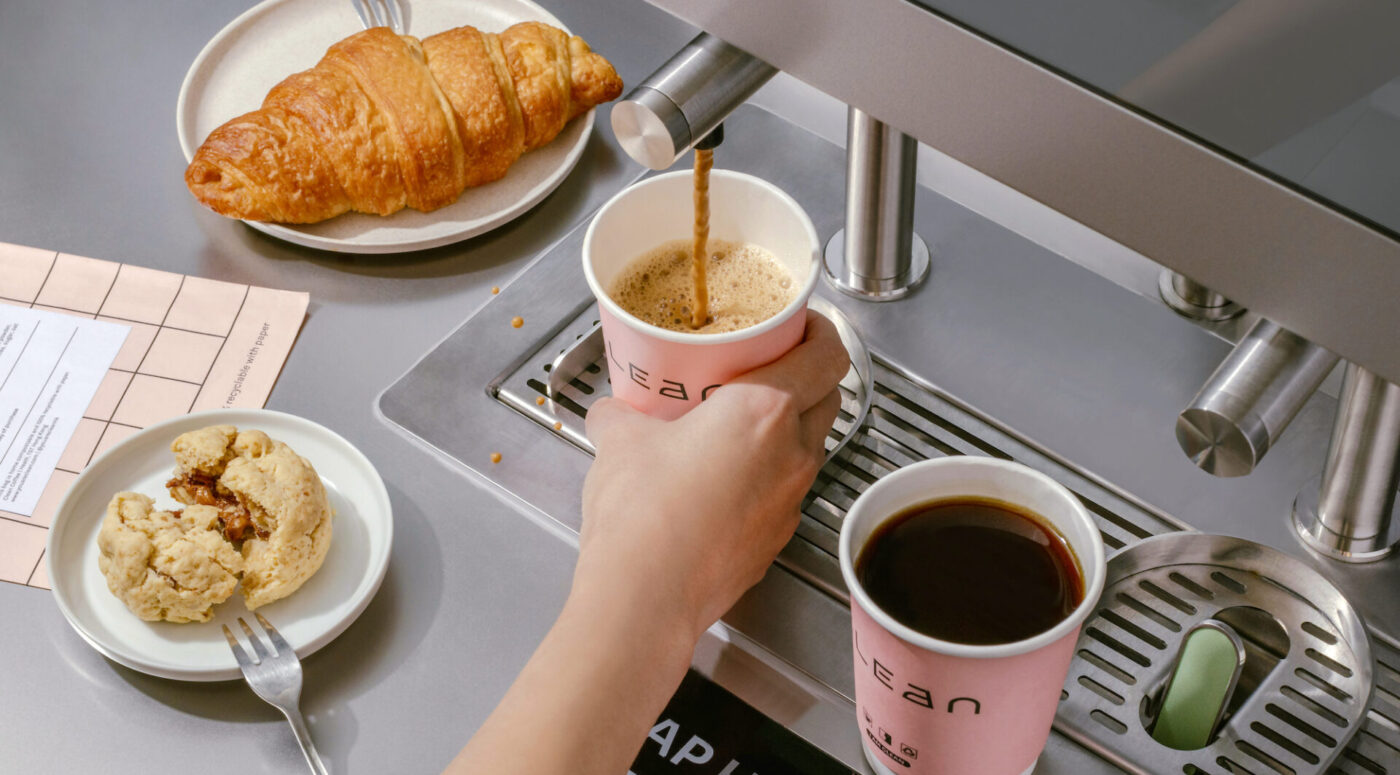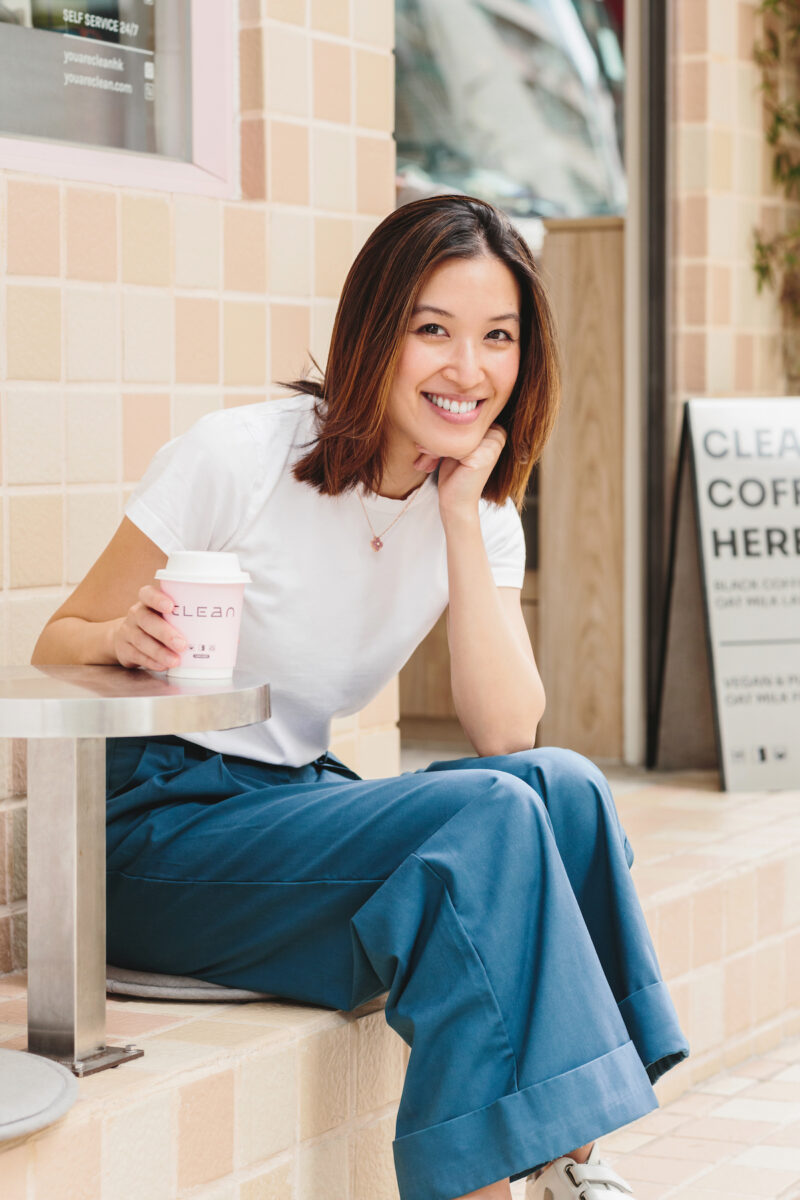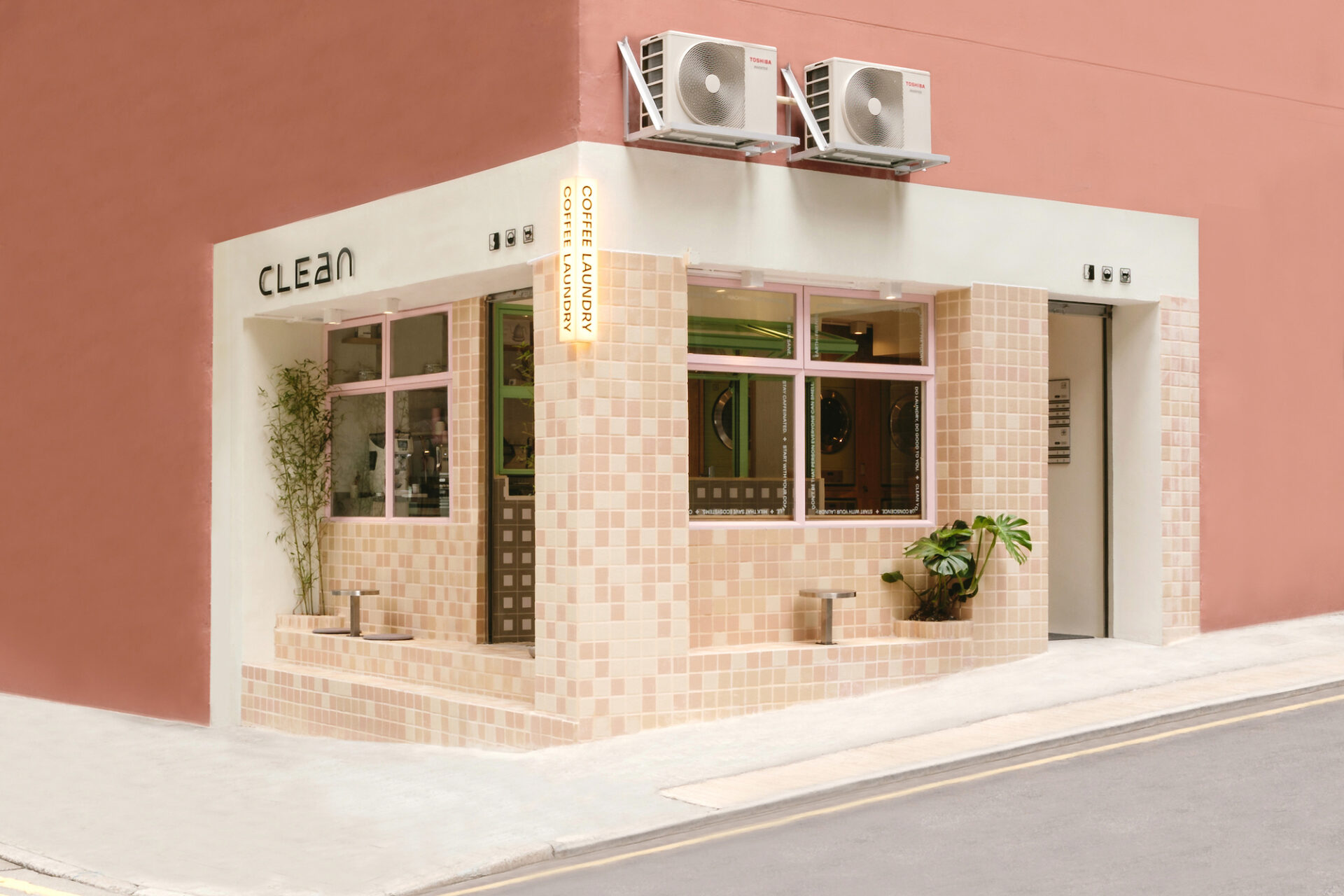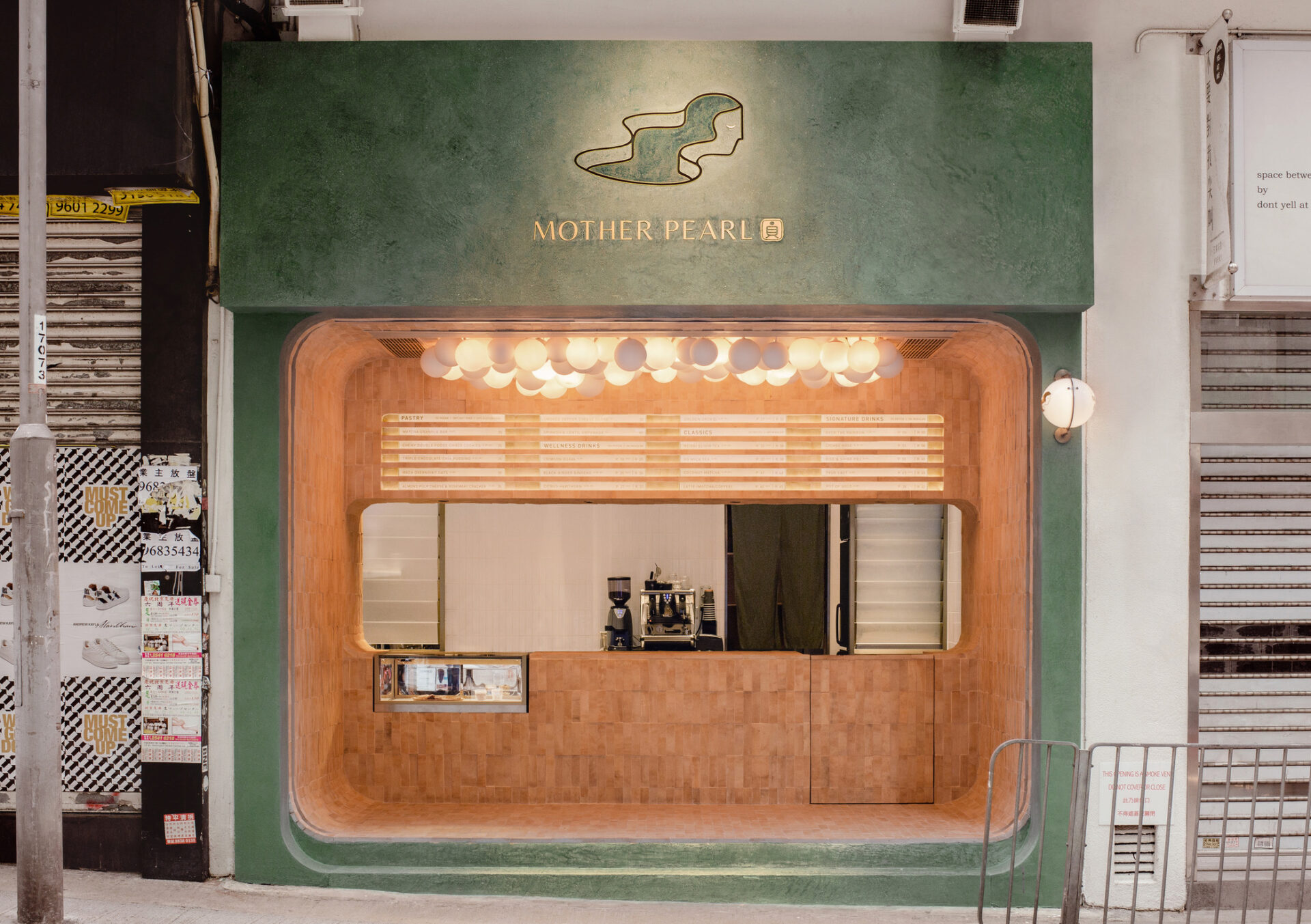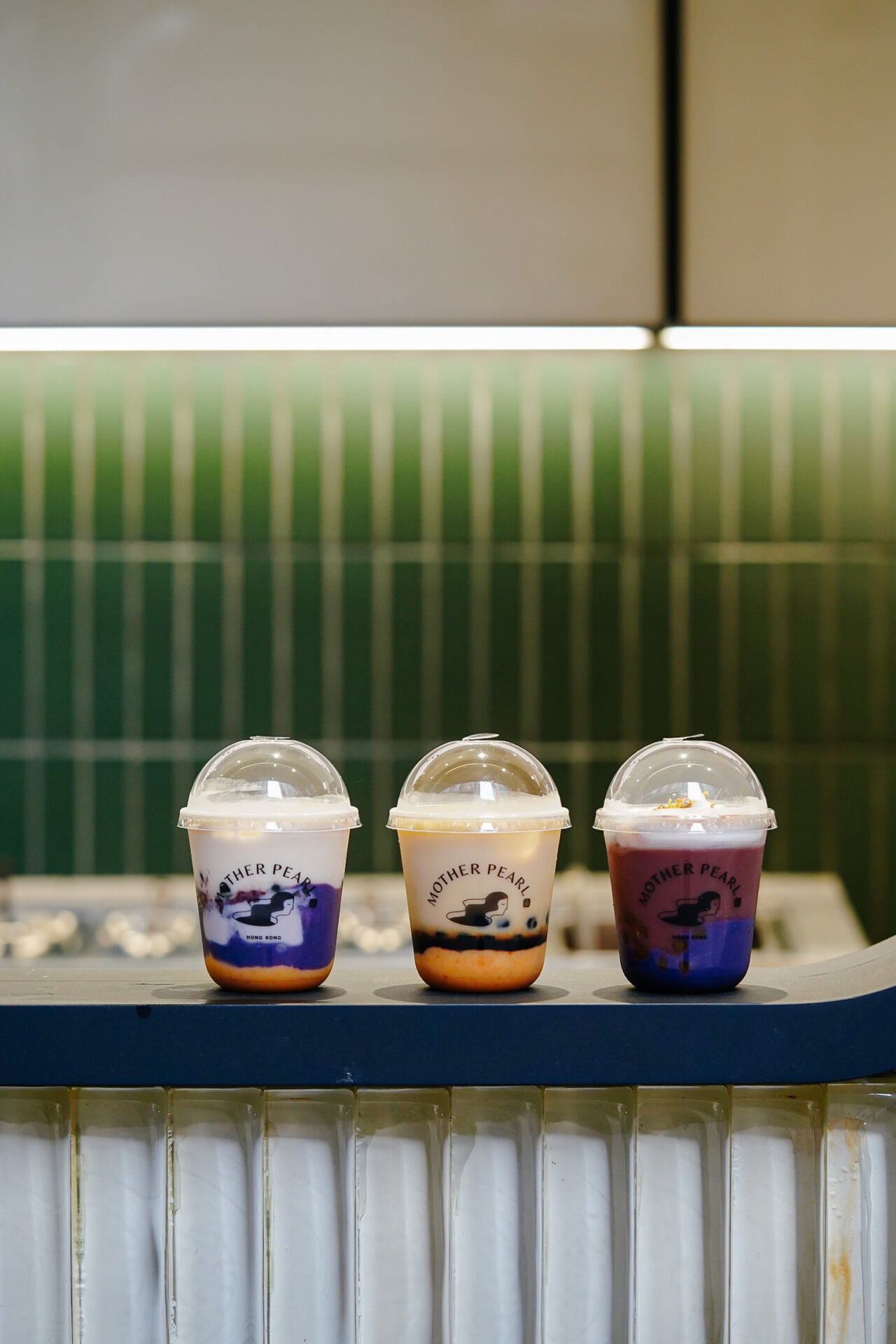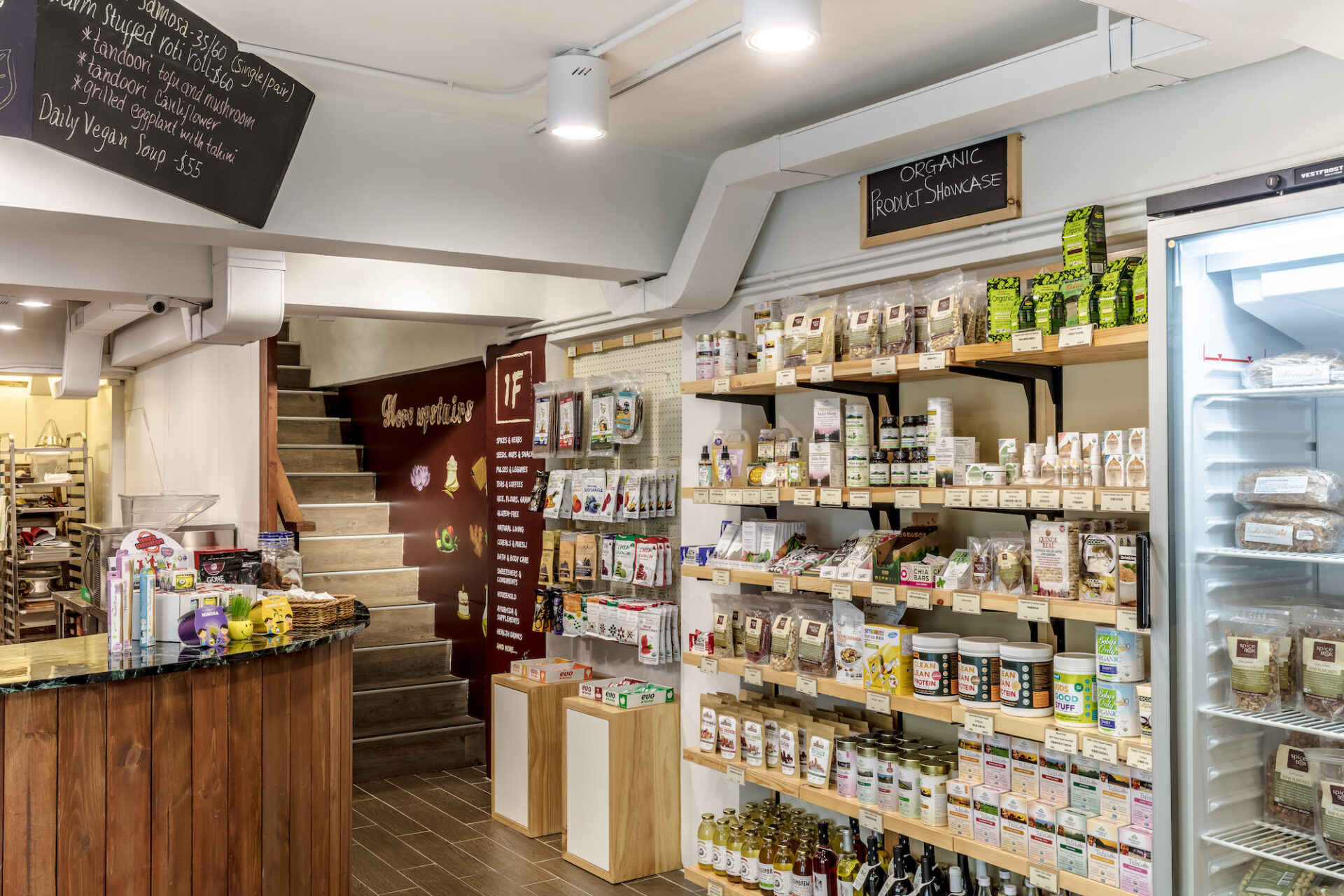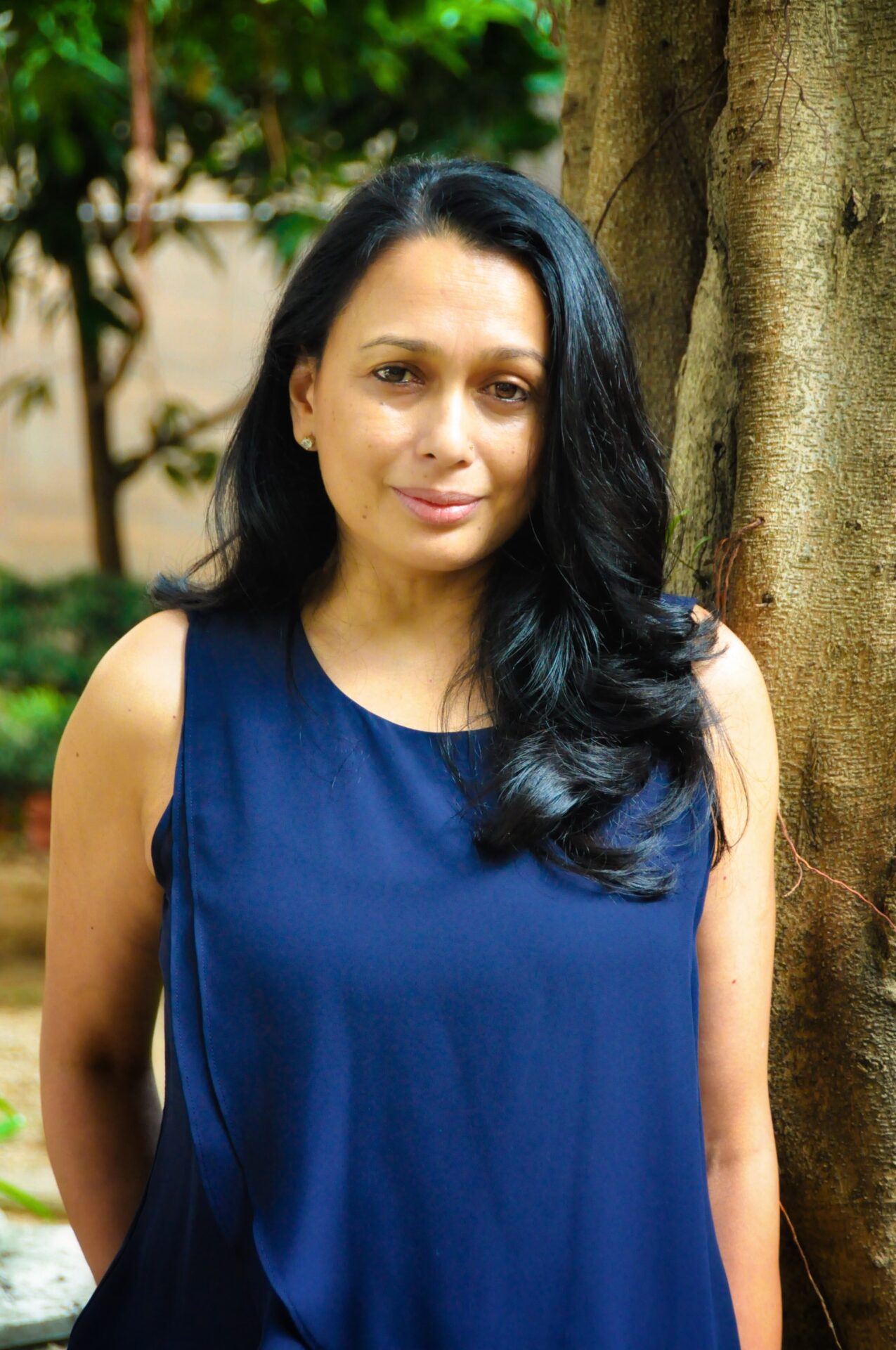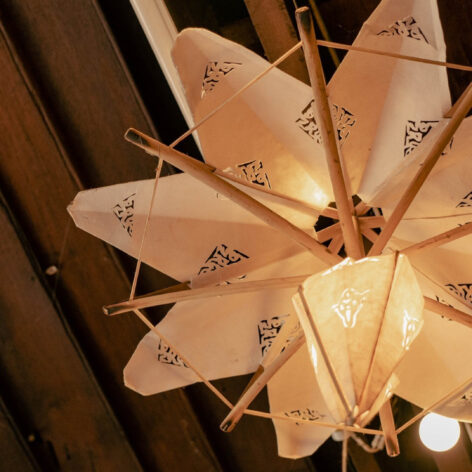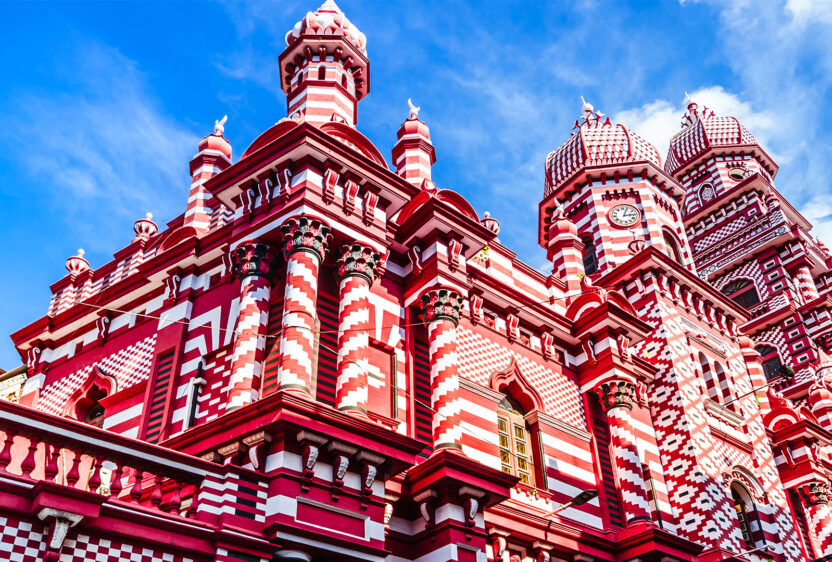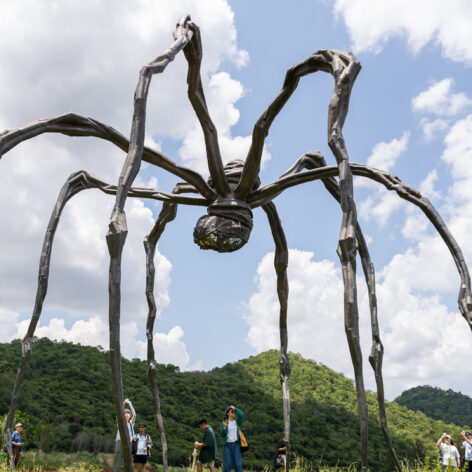Back in 2019, Oatly unveiled a campaign featuring a new Chinese character that added the radical for “plant” to the character for “milk”. Four years later, plant-based milk – or mylk – has arrived in Hong Kong in a big way.
Unlike soy milk, which has been a staple of Chinese diets for thousands of years, the new mylk varieties are not separate entities of their own but rather dairy substitutes. Punam Chopra, the founder of Hong Kong organic food store and café SpiceBox Organics says, “As the community learns about the dairy industry and what over consumption of dairy could do to their health, consumers have been seeking a more plant-heavy way of living.”
This observation is supported by an Oatly study from 2019, which found that more than 70% of Hong Kongers are interested in switching to mylk if they had more information about its benefits.
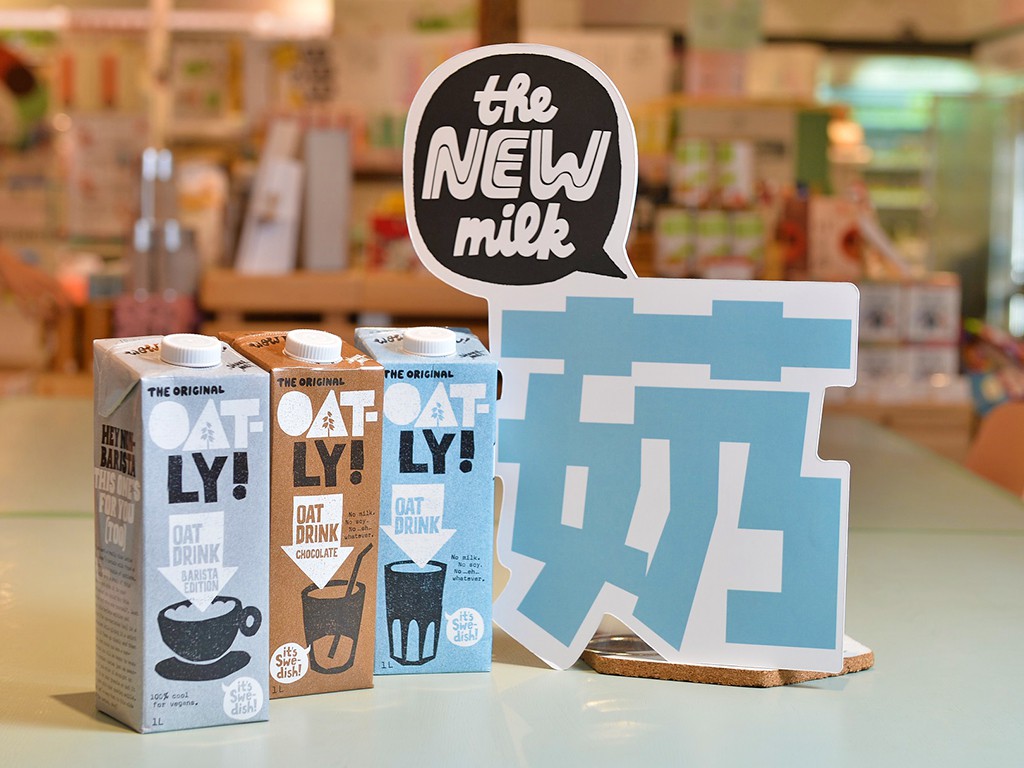
Soy milk was just the beginning
While big coffee chains like Pacific Coffee and Starbucks have normalized mylk as a dairy alternative in coffee or tea, small businesses are upping the stakes by focusing exclusively on plant-based milk. One shining example is vegan bakery and café LN Fortunate Coffee, located in the popular weekend neighbourhood of Sai Ying Pun. Since 2016, it has been a pioneer in the mylk movement by tapping into elements that are already present in Chinese culture. The Buddhist-influenced business has been serving soy lattes infused with flavors like rose, hazelnut, and matcha alongside its popular vegan egg waffles.
Janice Leung Hayes, founder of sustainable business network Honestly Green and an advisory member of Zero Foodprint Asia, explains: “In Chinese food culture, there’s always been a subculture of vegetarianism, so cutting out dairy is a concept that’s easily understood.” Leung Hayes also points out that as modern lifestyles begin to have a negative effect on Hong Kongers’ health, they’re more likely to seek out alternative diets.


